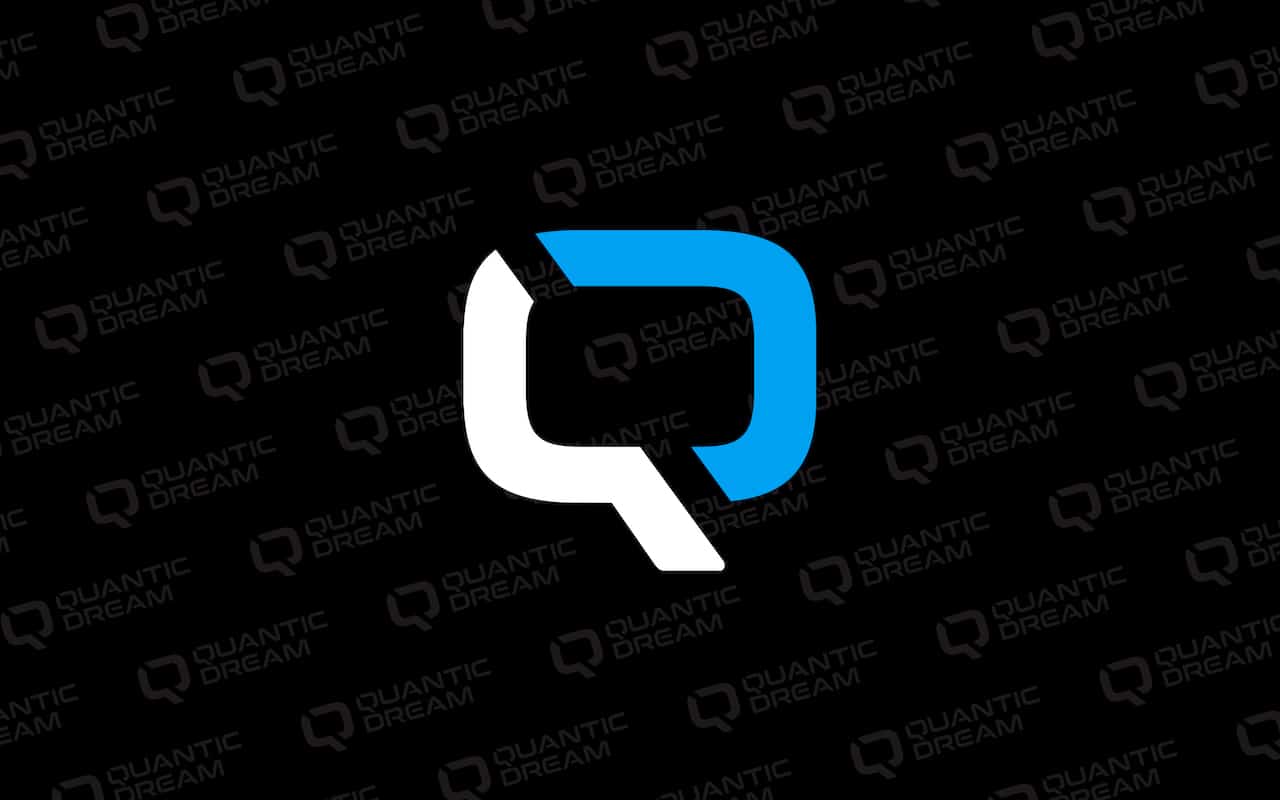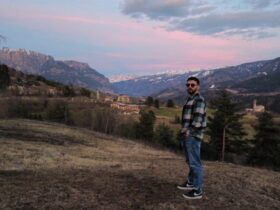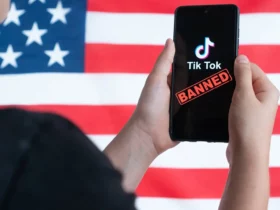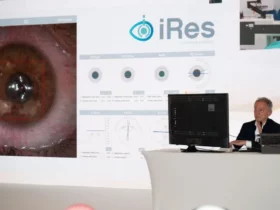In the month of Pride, Quantic Dream met with the spokespersons of the LGBTQIA + group within the company. The result was an inclusivity-themed dialogue that led to some interesting food for thought. In particular, the spokespersons included Ingrid Sanassee (Lead Animation Motion Kit, Paris), Sébastien André (Lead Environment Artist, Paris), Hyun-Soo Kim (3D Character Artist, Paris) and Benoit Laporte (Senior Gameplay Programmer, Montreal). Below is the transposition of the meeting, which can also be found on the company’s official blog
Quantic Dream’s questions to the spokespersons of their LGBTQIA + group
Ingrid, you are the founder of the LGBTQIA + group within Quantic Dream. How did the idea of creating this group come about?
Ingrid -I have been working for Quantic Dream for over ten years and we have always spoken freely about these topics with the whole studio, so our community had never felt the need to formalize a group. However, it was something that I wanted to start for a long time to be able to exchange opinions and share our experiences. In fact, the trigger was, at the beginning of 2022, the reading of violent external comments against the study, difficult to read. As a member of the LGBTQIA + community, I did not recognize myself in the image they wanted to give of Quantic Dream and in the work environment portrayed by these people. I remember thinking we should talk about it and see what we could do.
Hyun-Soo – Especially when Star Wars EclipseTM was announced, we were all overwhelmed by the wave of positive comments. However, some outside voices also reported things about the study that I wasn’t experiencing. We started a spontaneous internal discussion via e-mail addressed to the whole studio to make the situation known. Some of us came out and asked to be able to personally share their experience here, because they thought the allegations were unfair.
Benoit – The initiative started in Paris, but it was natural for me and Serge (Senior Gameplay Programmer) that we are in Montreal to participate because inclusion and openness are values we share.
Ingrid – Creating a group that truly represented us was simply a call of the heart. The members wanted to positively and actively reflect on our experiences in Quantic Dream.
Sébastien – For me it was necessary to make our voices heard. I read a lot of things that did not correspond to the values of the study that I had known for over 14 years.
What does this group bring to the studio and the teams?
Hyun-Soo – First of all, it allows anyone who wants to express themselves on this topic to do so, privately or not. It also allows us to raise awareness, organize events and help people.
Ingrid – What touched me the most when the group became official were the many messages of encouragement and even thanks from my colleagues for bringing this initiative to life. I feel it brings a clear sign of openness to the new generation of Quantic Dream that we, as representatives, have always known within the studio and that we now want to share.
Benoit – Having an LGBTQIA + group gives visibility to the community and conveys the message to people that they can truly be themselves in the workplace.
Ingrid – It is true that our first goal is to listen to and support the people who need it; individual experience is not universal. We also want to share this amazing world with our colleagues. Internal awareness raising on the occasion of important anniversaries, such as the International Day against Homophobia, Biphobia and Transphobia, the sharing of films, series or educational and supportive games are things that touch us closely, or even the invitation to celebrate Pride month “as one team” are initiatives that motivate us. I felt that we made the right choice for our whole team by creating this group.
The representation of identities is a crucial theme, both in the studios and in the games themselves, but it has not always been this way. How do you perceive this evolution?
Ingrid – Different identities have always been represented in video games! However, in the past I have been enthusiastic about the games in which I felt represented, but I also despised the caricatured, even comic, way in which I was sometimes portrayed. The mentality in this sense is very advanced. Thanks to a lot of media, culture and more progressive video games, today we can see how our multicolored society is treated with respect. I am immensely proud that it has come to this point and that there is the will to keep moving forward!
Benoit – The arts have always played a crucial role in the evolution of mentalities. And since video games are works of art in themselves, with a technological background, it is not surprising to see a richer representation of identities in modern games.
Hyun-Soo – And the more minorities are seen, the more they normalize; at least, that’s how I feel with my family and at work. In fact, I had already come out to my team several years ago and I didn’t feel any change, I just felt freer and it was liberating for me. Then, when I came out to the rest of the studio, I received messages of encouragement and support that really moved me.
Sébastien – It is indeed a natural evolution of society. However, it has to happen spontaneously in order to address problems clearly and without pressure; this is the best way to help the cause.
In Quantic Dream we have come a long way towards more inclusive video games, but is there still some way to go?
Hyun-Soo – It’s very simple: as long as human beings exist, we will have to continue to represent everyone, because this is part of humanity.
Ingrid – Indeed, it is above all a path of society: many efforts have changed the way minorities are seen. In France, the media, social networks and many groups and associations can educate and inform us. Our laws are increasingly moving towards the acceptance of a rainbow society. These once exceptional themes are finally becoming common! Of course, I am aware that there are still very steep slopes to climb, but this enthusiasm for equal inclusion is a very positive step for the future.
Benoit – The situation has improved a lot in recent years, but it is everyone’s job to build a healthy environment.
Sébastien – We see it every day: there is still a long way to go before everyone accepts our differences, whatever they may be. If video games can push boundaries, that’s a significant step forward.
Ingrid – I’m still optimistic that we will get to a point where we will fully immerse ourselves in a game for what it is, without questioning the identity of the characters we play.















Leave a Reply
View Comments